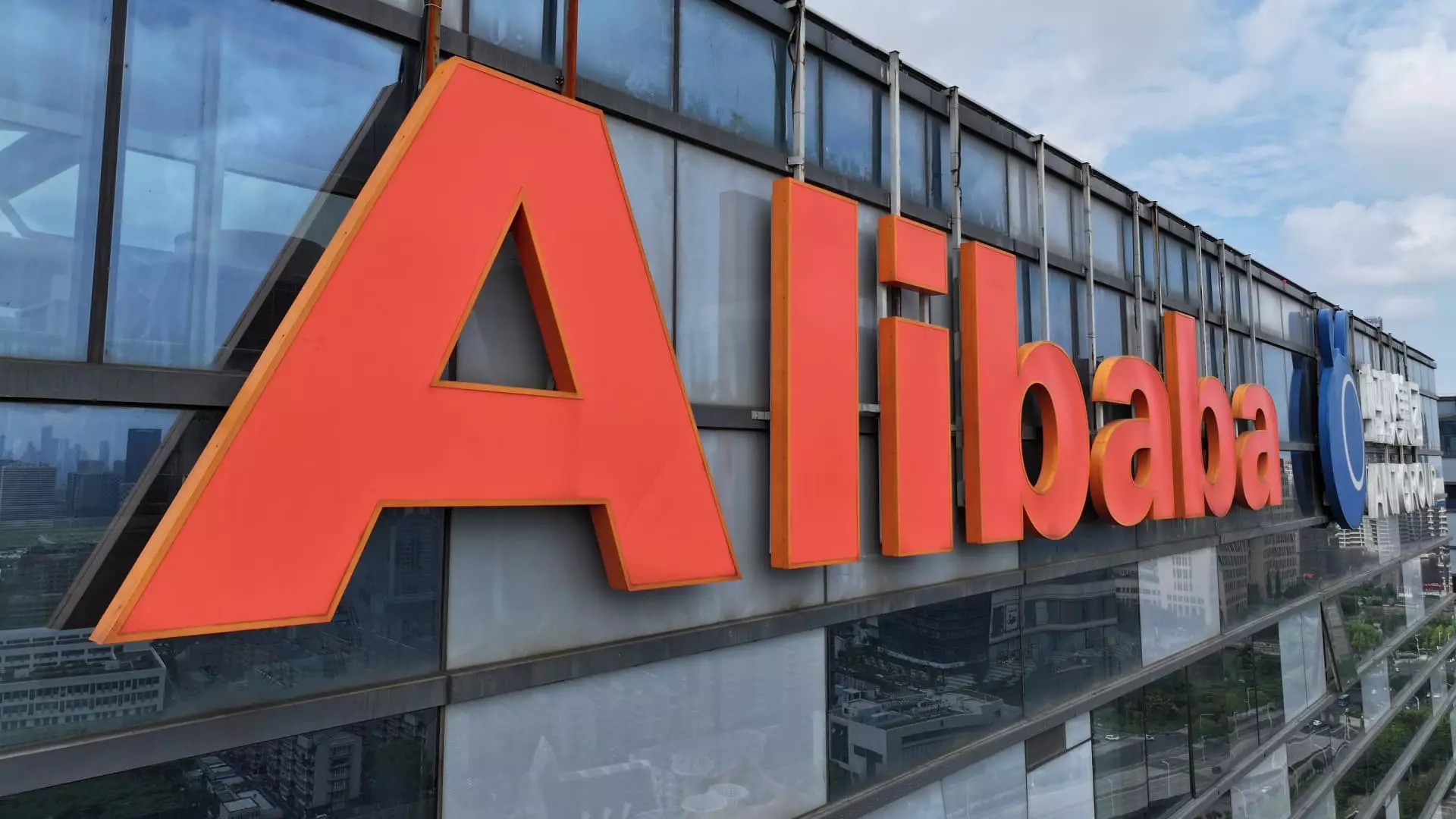Alibaba, the Chinese tech giant, recently completed a three-year regulatory “rectification” process following an antitrust fine it received in 2021. This development was confirmed by China’s State Administration for Market Regulation (SAMR) on Friday. The SAMR stated that the rectification work has yielded “good results” and that Alibaba has now ceased its “‘choose one of two’ monopoly behavior.”
Positive Impact on Alibaba’s Stock
Shares of Alibaba saw a 4.37% increase in premarket trading in the U.S. following the announcement of the completion of the regulatory process. Jefferies analysts noted that this conclusion was a positive development for the company, signaling a new start and a commitment to compliance in operations.
The SAMR’s decision regarding Alibaba could be indicative of a softening stance from Chinese regulators towards private technology firms. This shift comes after an intense crackdown that commenced in late 2020, wherein Beijing implemented regulations to curb the influence of domestic technology companies in various sectors like antitrust and gaming.
Alibaba’s founder, Jack Ma, has been under scrutiny in recent years, starting with the halted IPO of his financial technology company, Ant Group, in 2020. Ant Group went through a similar regulatory-supervised rectification process, addressing most of its key issues by the previous year. These regulatory concerns have heavily impacted Alibaba’s stock, leading to a significant decline of over 70% from its peak in 2020.
Business Environment for Alibaba
Apart from regulatory challenges, Alibaba has been facing slow growth amidst intensifying competition in the Chinese e-commerce industry. Additionally, the company has been navigating a cautious consumer market in China. Despite these obstacles, Alibaba exhibited early signs of recovery in the June quarter, with a resurgence in cloud computing revenue and healthy transactions via its e-commerce platforms.
Alibaba’s completion of the regulatory overhaul marks a significant milestone for the company, signaling a renewed commitment to compliance and operational efficiency. The changing regulatory landscape in China, coupled with Alibaba’s internal challenges, underscores the continued evolution and adaptation required for tech companies to thrive in a competitive market environment.

Leave a Reply